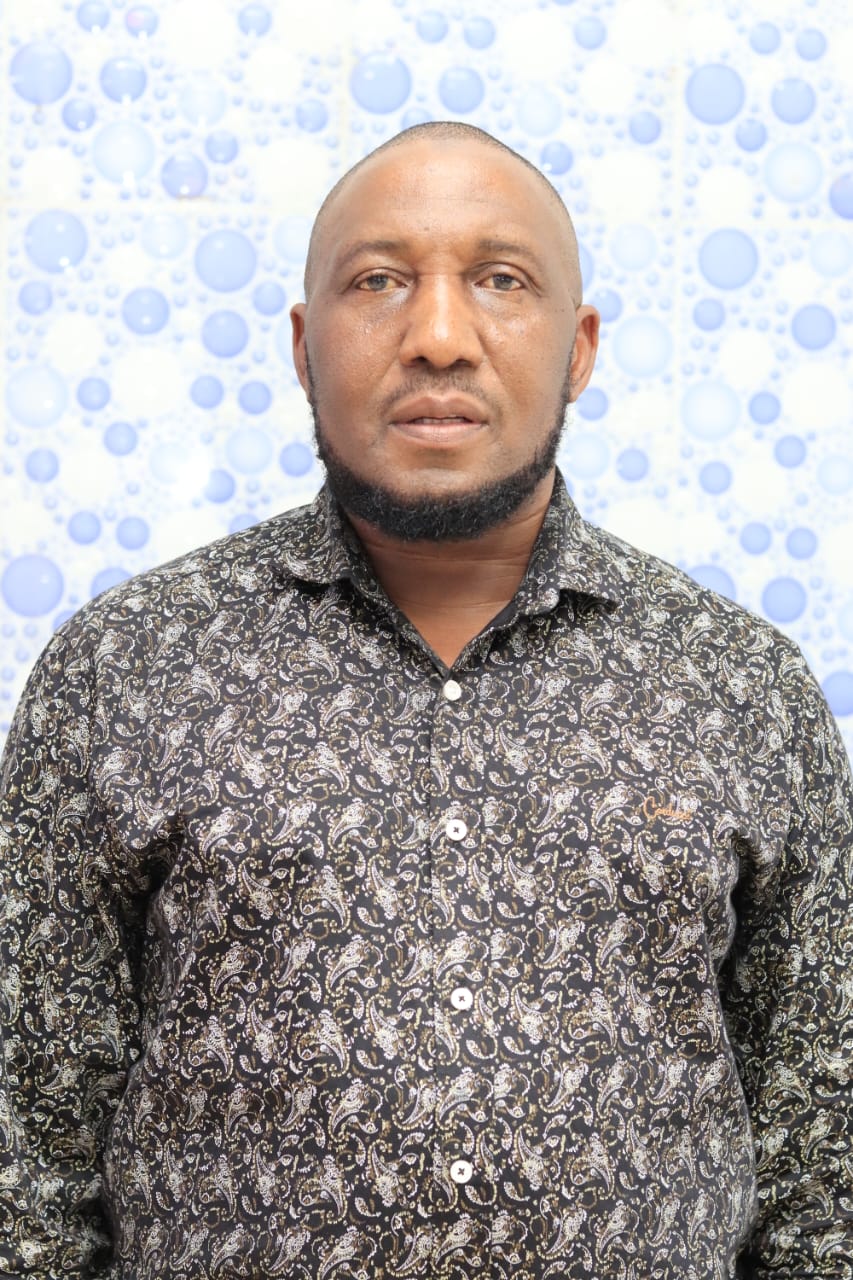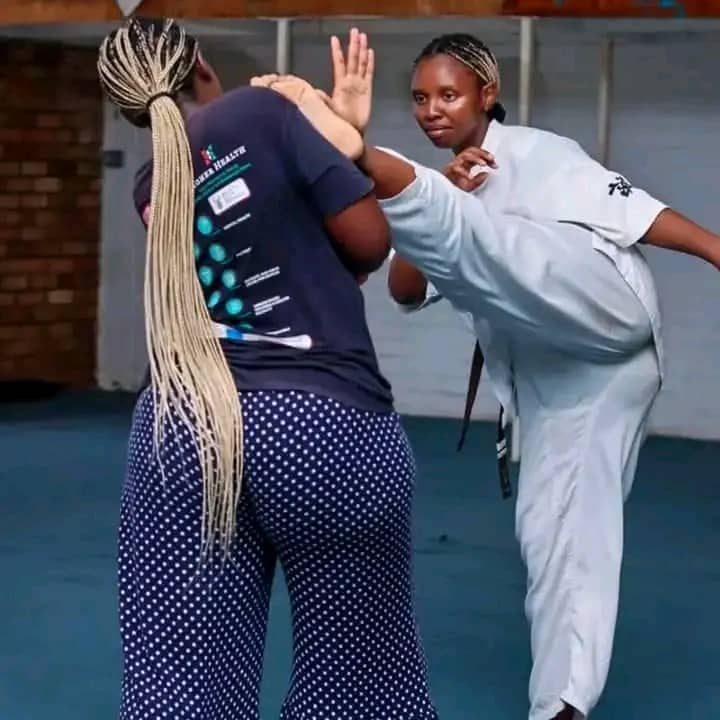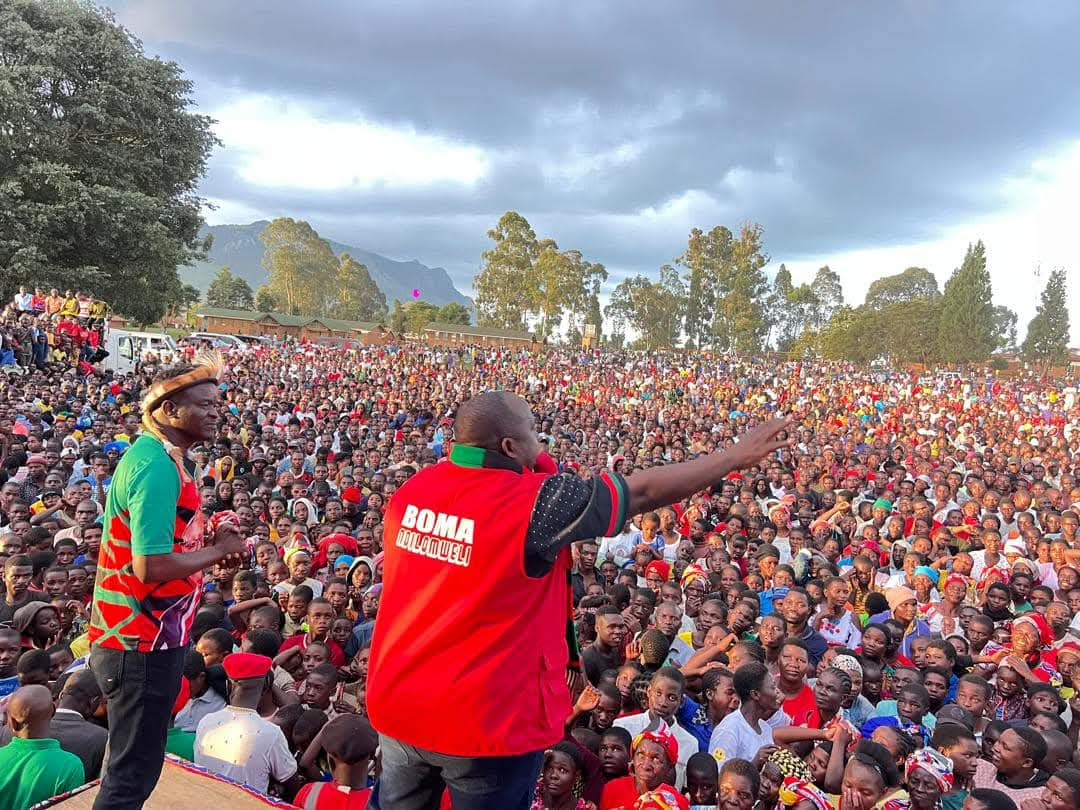By Comrade jumbe
Malawians must pause and ask difficult but necessary questions: Why are our soldiers being sent to die in the Democratic Republic of Congo (DRC)?
What peace are they protecting in a region where conflict has raged for decades without resolution?
Who benefits from these so-called “peacekeeping missions,” and at what cost to our nation?
The DRC is not a place of peace we are keeping peace in the country without peace DRC is a battlefield plagued by entrenched chaos.
It is a region where warlords and rebel groups roam unchecked, where the rule of law has collapsed, and where peacekeeping forces often find themselves entangled in unwinnable wars.
Yet, despite this grim reality, Malawi continues to deploy soldiers who are poorly trained and inadequately equipped to confront the heavily armed rebel factions in the DRC.
Recently we have witnessed the tragic deaths of Malawian soldiers, lives lost in a conflict that offers no direct benefit to our nation.
These brave men and women, who took an oath to protect Malawi, are dying far from home in a war that is not theirs.
This raises profound ethical and practical questions about our role in these missions.
Are we truly protecting peace, or are we pawns in a larger, exploitative system?
Let us look at the DRC more critically. Its vast reserves of minerals and gold are coveted by global powers, including the United States and European nations.
These resources fuel industries and economies far beyond Africa’s borders. Yet, it is African nations, like Malawi, that are left to bleed in the process of “restoring peace.”
Foreign powers reap the benefits of the DRC’s wealth while our soldiers die for a cause that brings no tangible returns to our country.
It is also worth questioning the motives behind our continued participation in these missions. Is there an unspoken agreement, an under-the-table deal benefiting a select few, that keeps our troops in harm’s way?
Why is there so little transparency in how decisions about peacekeeping missions are made?
If Malawi is to continue sending its soldiers, then the government owes the nation an honest and thorough explanation of the strategic, moral, and financial rationale behind such decisions.
We must think bigger. The deeper solution on DRC conflicts lies in African unity. Imagine if Africa were to unite and form a single, powerful army—a continental force capable of addressing regional conflicts with strength, strategy, and shared resources. Such a force would eliminate the need for individual nations to shoulder impossible burdens alone.
It would ensure that Africa speaks with one voice, protecting its own interests and its own people.
We must also demand more from the United Nations and other international bodies.
If peacekeeping missions are to continue, then our soldiers must be trained, equipped, and supported to face the challenges they encounter and what malawi will benefit as the country for fighting this war?Anything less is an insult to our sacrifice and a betrayal of duty of our own soldiers.
Malawi cannot afford to continue losing lives for a cause that is neither ours nor justifiable.
Our soldiers are not mere statistics—they are fathers, mothers, sons, and daughters.
Their lives must not be traded for a vague promise of peace in a conflict that seems endless.
The time has come to rethink our approach. Malawi must recall its soldiers from the DRC and take a firm stand in demanding that peacekeeping missions be restructured to prioritize fairness, accountability, and the safety of those who serve.
We must also lead conversations across Africa to strengthen unity and create a continental framework for dealing with conflicts.
Let us not allow the sacrifices of our soldiers to be in vain. Let us honor them by demanding justice, transparency, and a new way forward.
A united Africa, standing strong and self-reliant, is the ultimate solution—not just for the DRC but for the entire continent. Only then can we truly begin to protect peace, not just in words but in action.
My pen is mightier than a sword




